Business Economics: Analyzing the Economic Behavior of a UK Firm
VerifiedAdded on 2023/04/21
|16
|952
|300
Report
AI Summary
This report delves into the business economics principles influencing a UK-based organization, focusing on scarcity, resource allocation, and the importance of various market systems like perfect competition, monopoly, and oligopoly. It examines the role of opportunity costs in economic decisions, elasticity of demand, and the implications of pricing and corporate objectives on operations, using ASDA as a case study. The report compares price-setting mechanisms in different market structures and analyzes the impact of UK regulations on market power, including the Competition Act 1988 and the Enterprise Act 2002. Furthermore, it evaluates the tools available to meet macroeconomic policy changes, assesses the performance of the UK economy in the global market, and demonstrates the theory of comparative advantage, concluding that market structure and free trade policies significantly influence economic behavior, with UK government policies playing a crucial role in achieving macroeconomic objectives.
1 out of 16

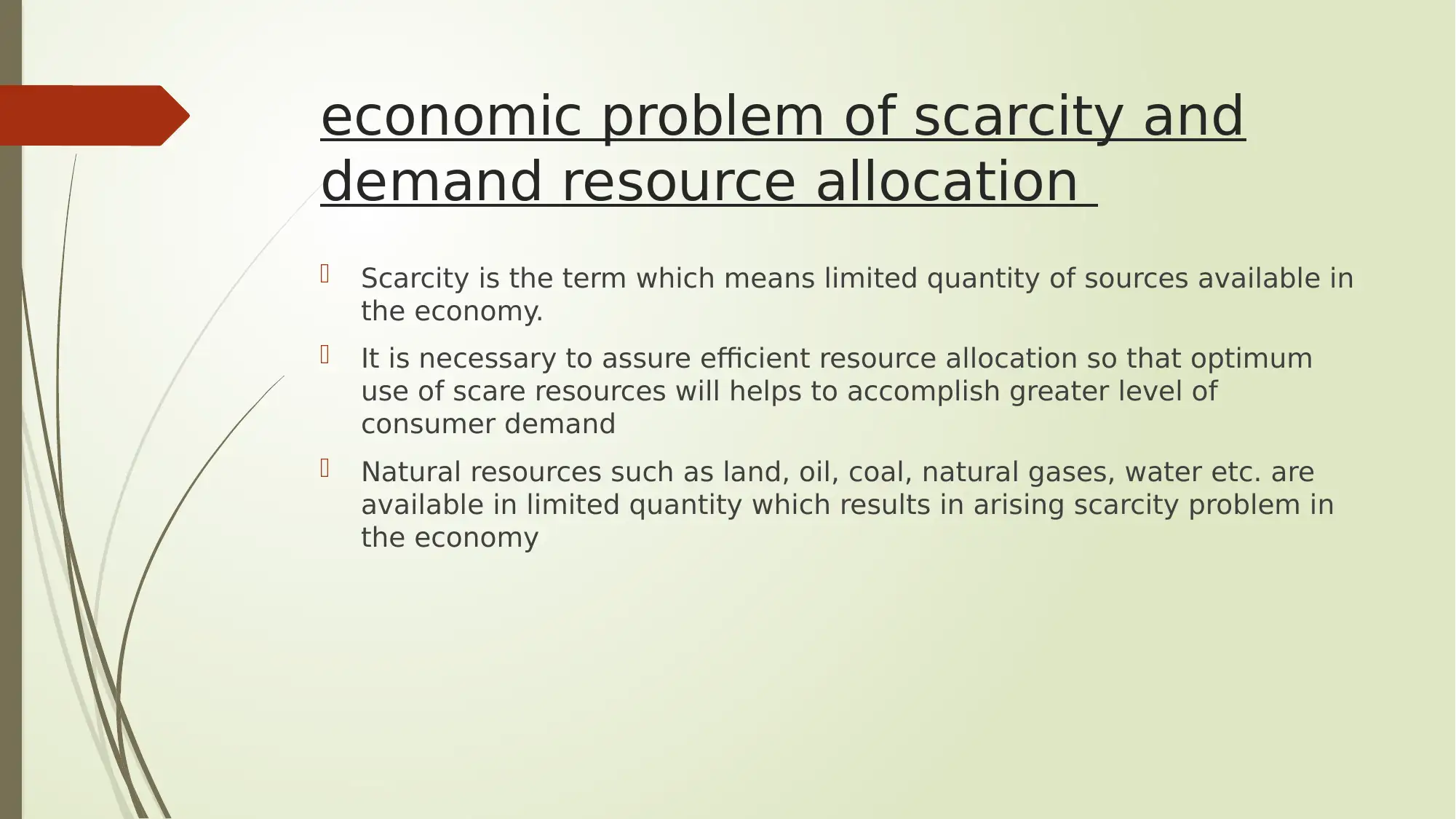
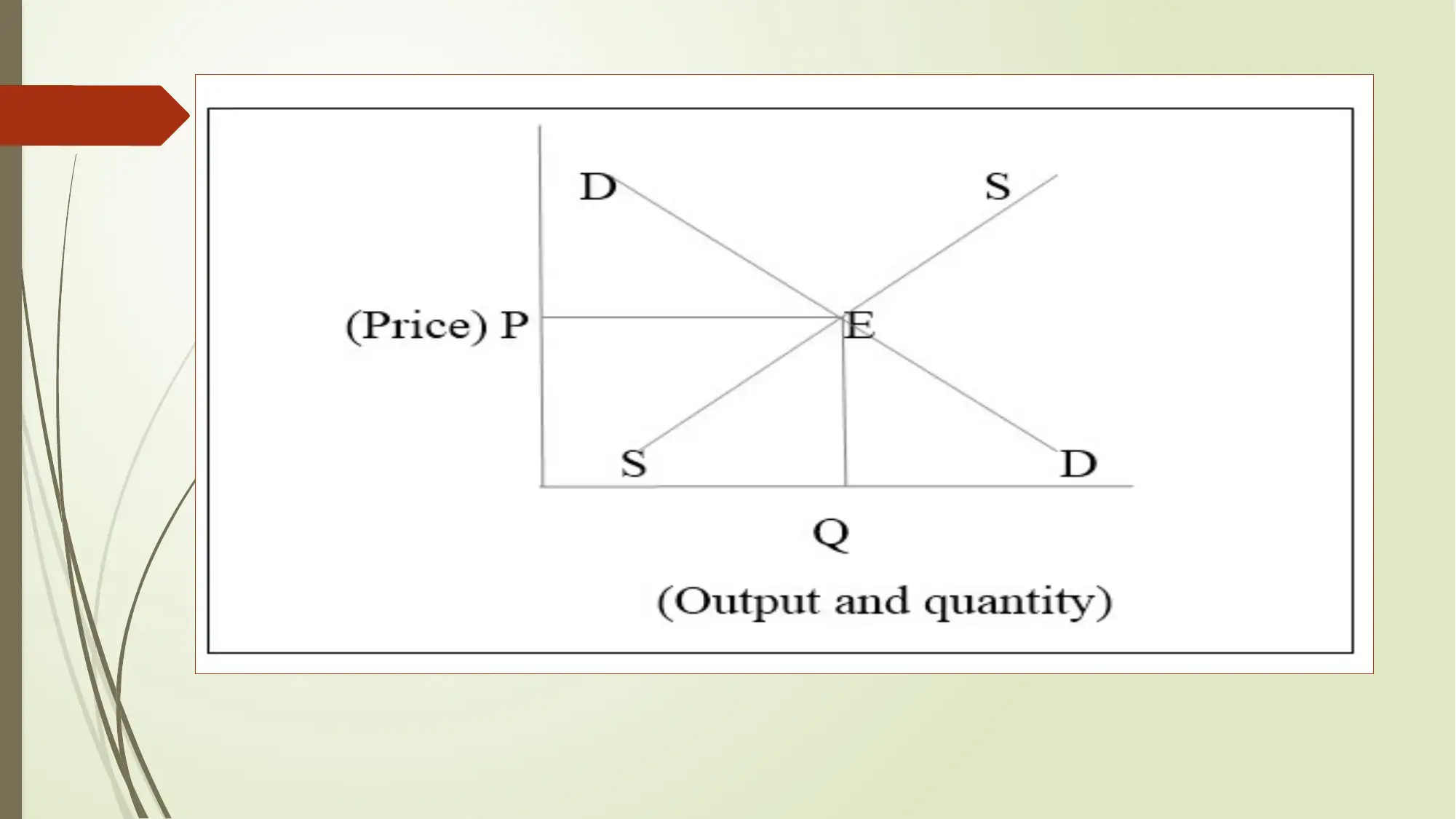

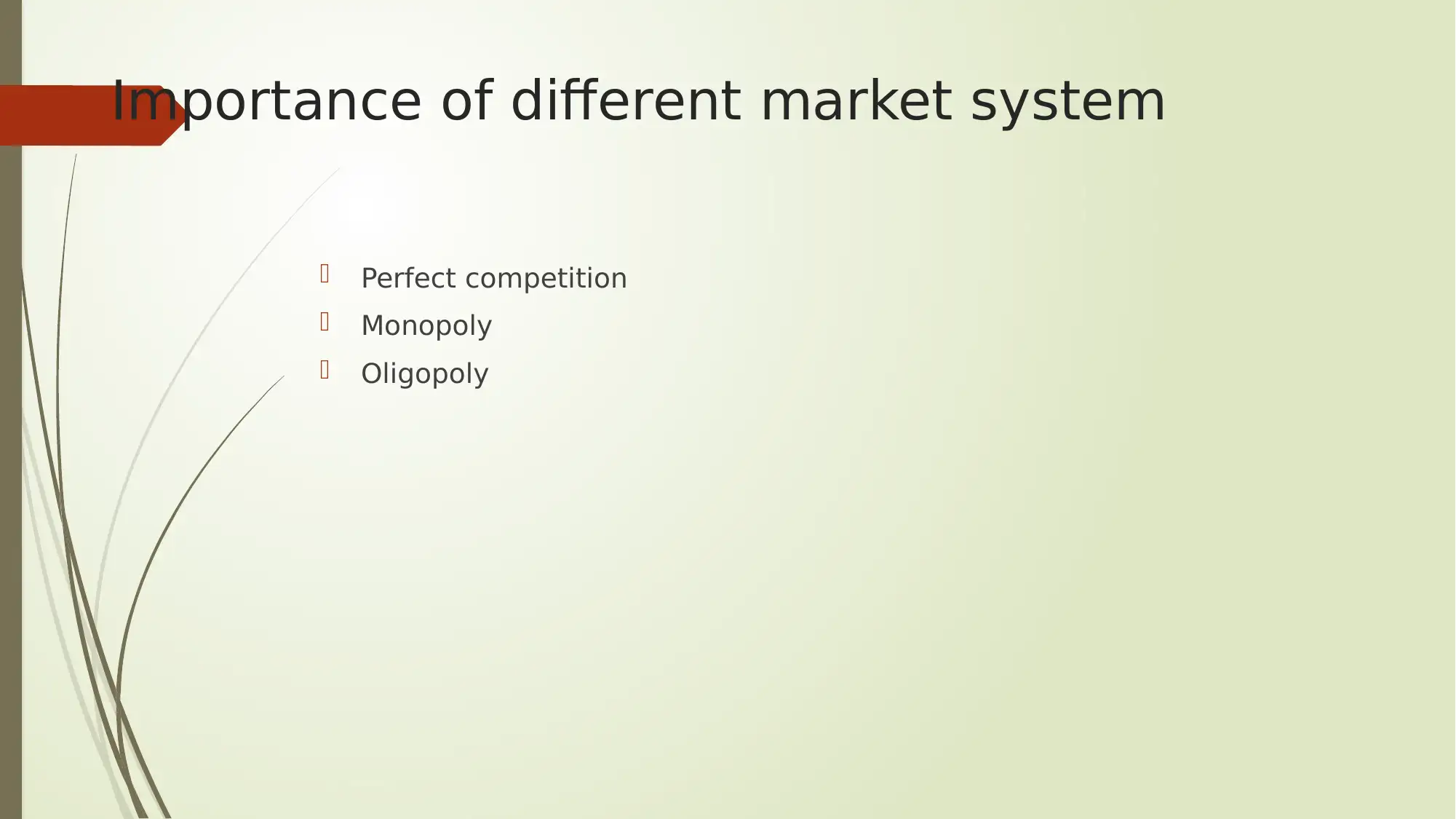
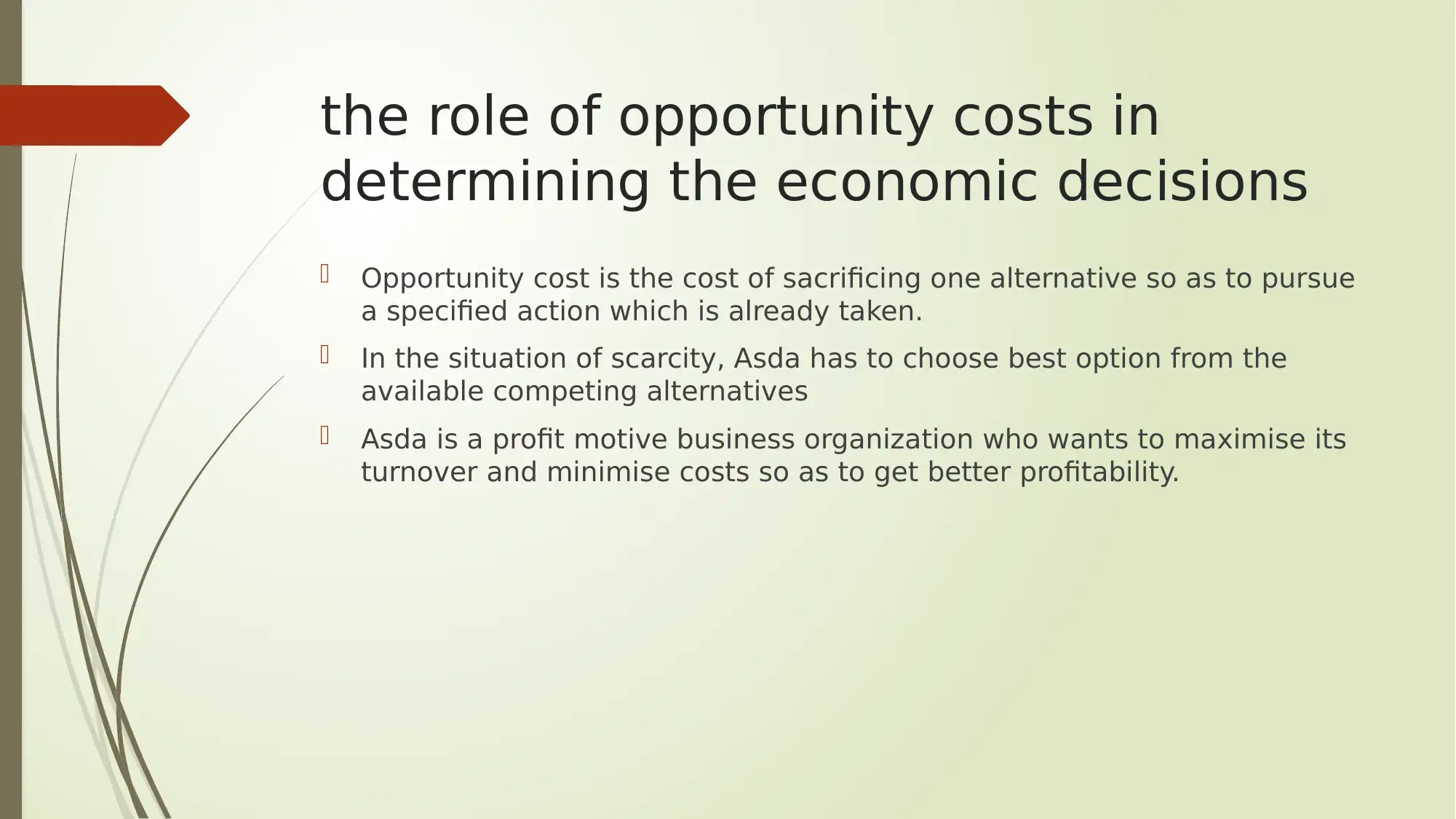
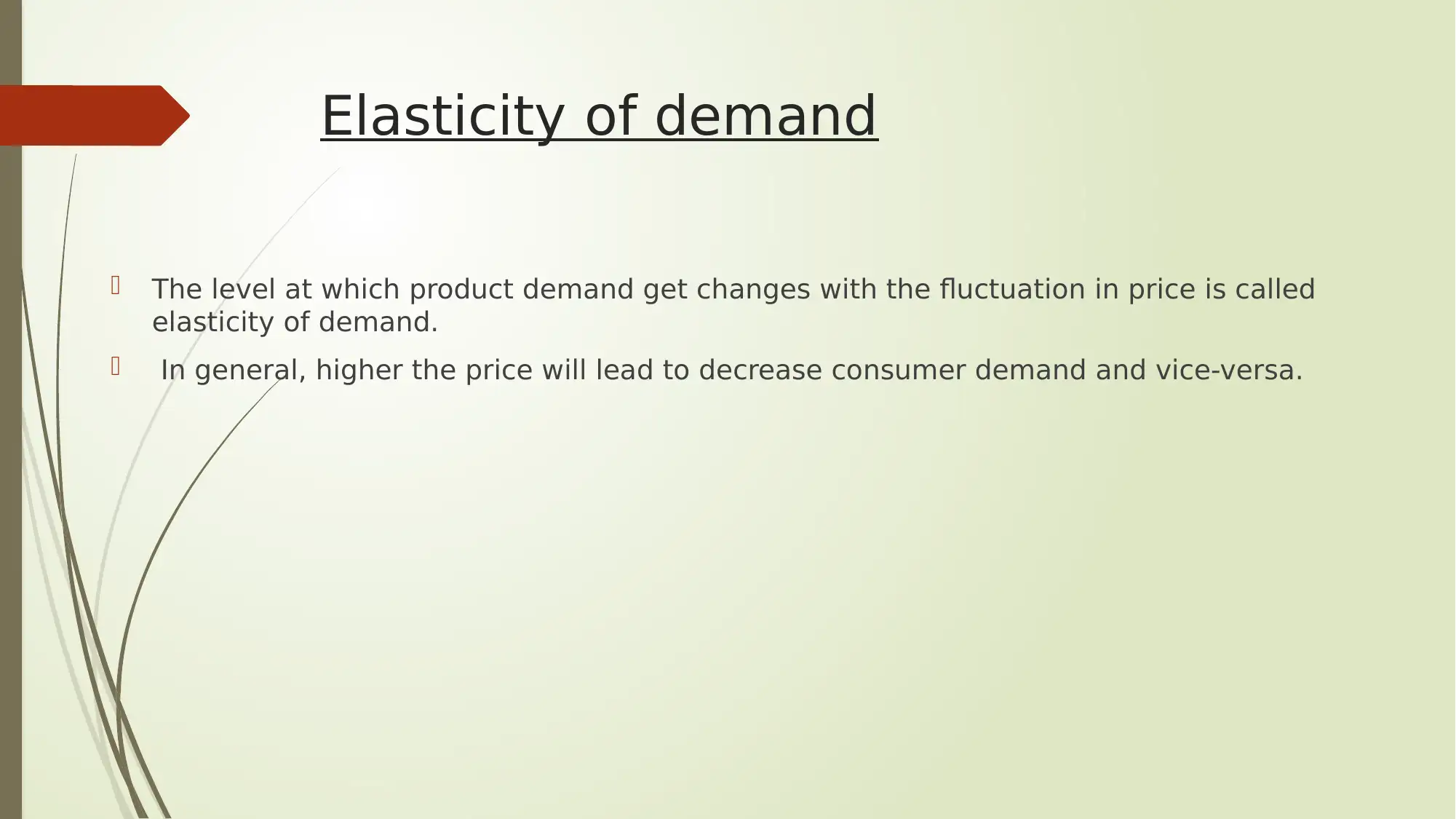
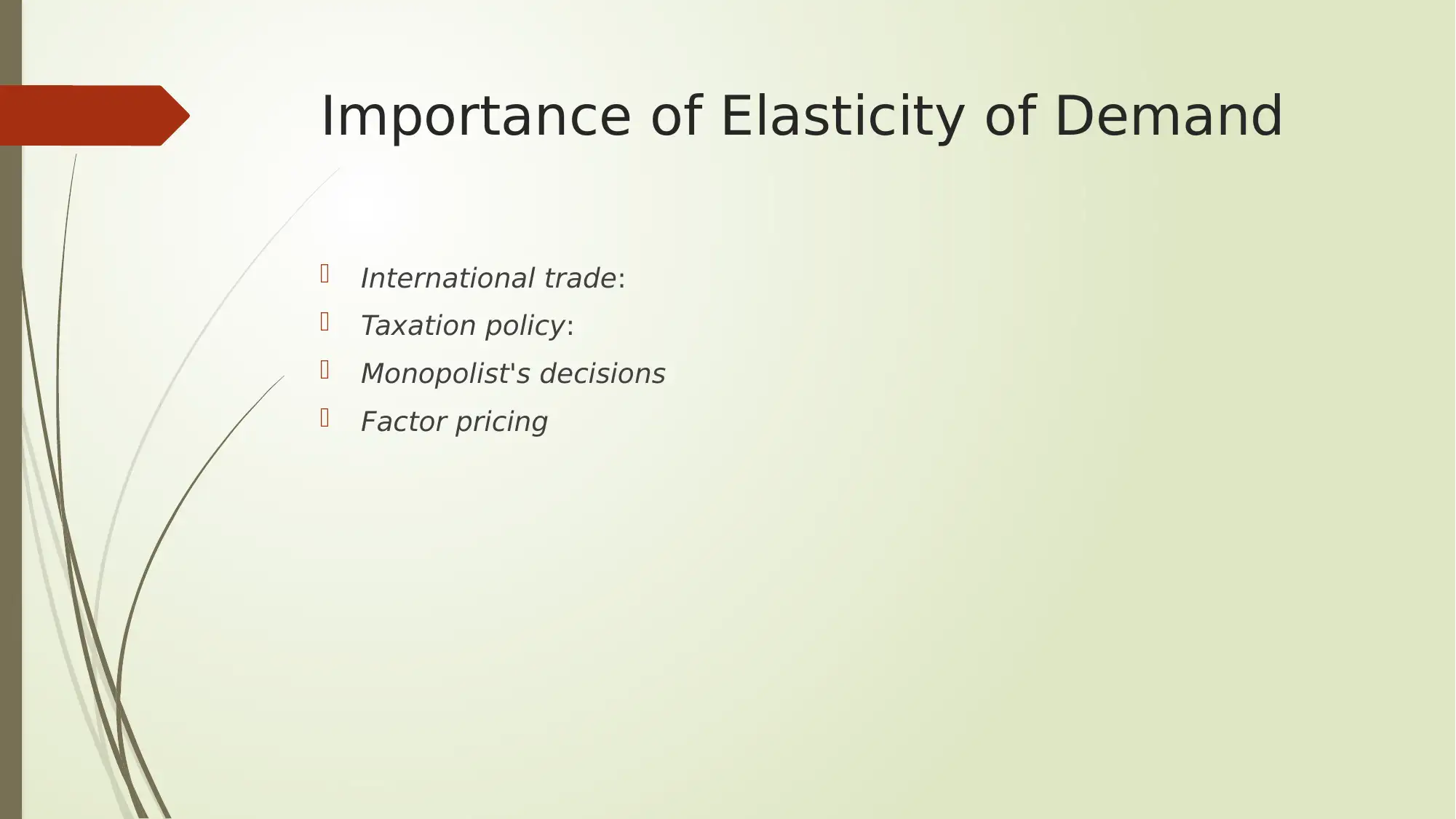
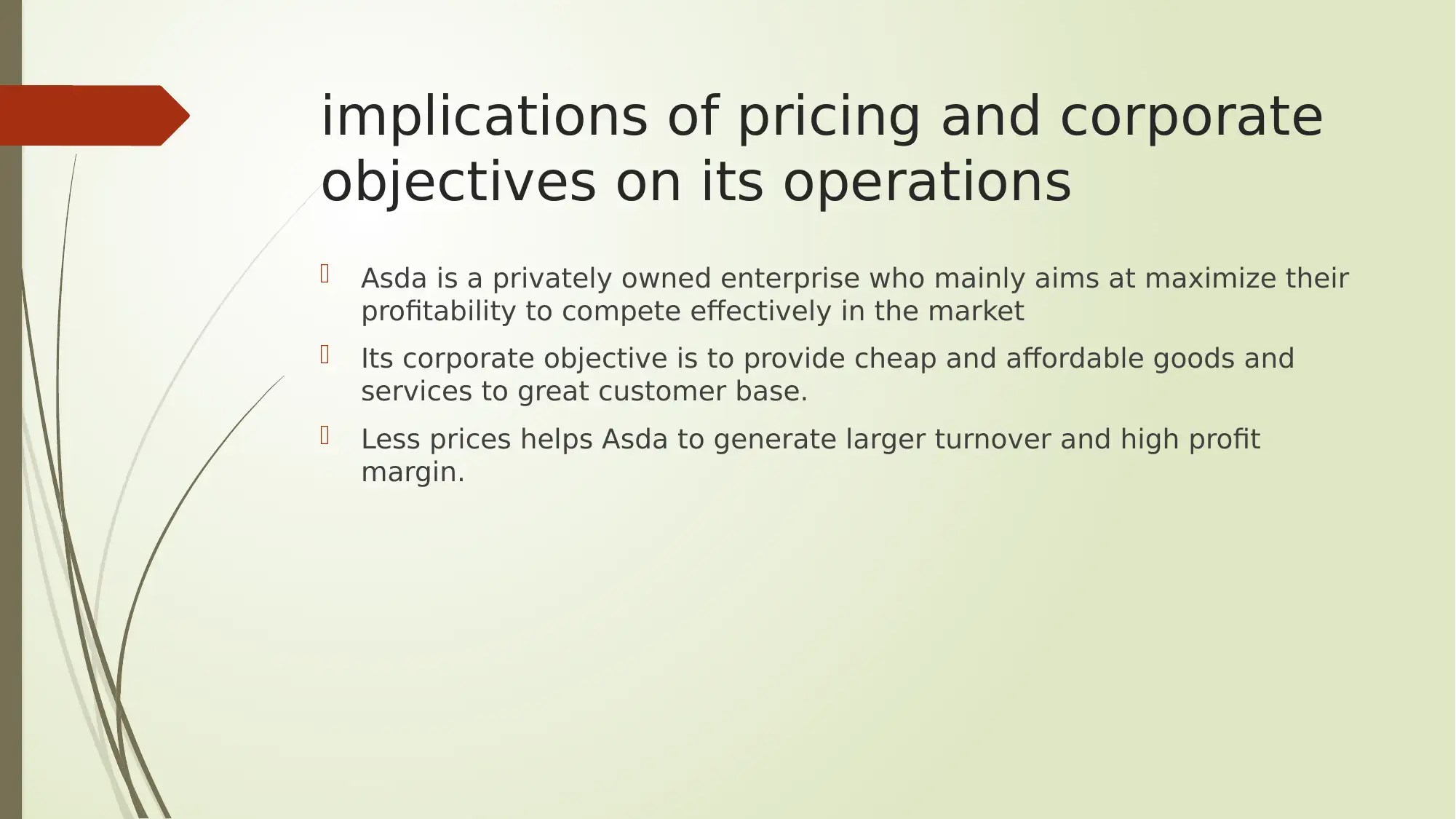
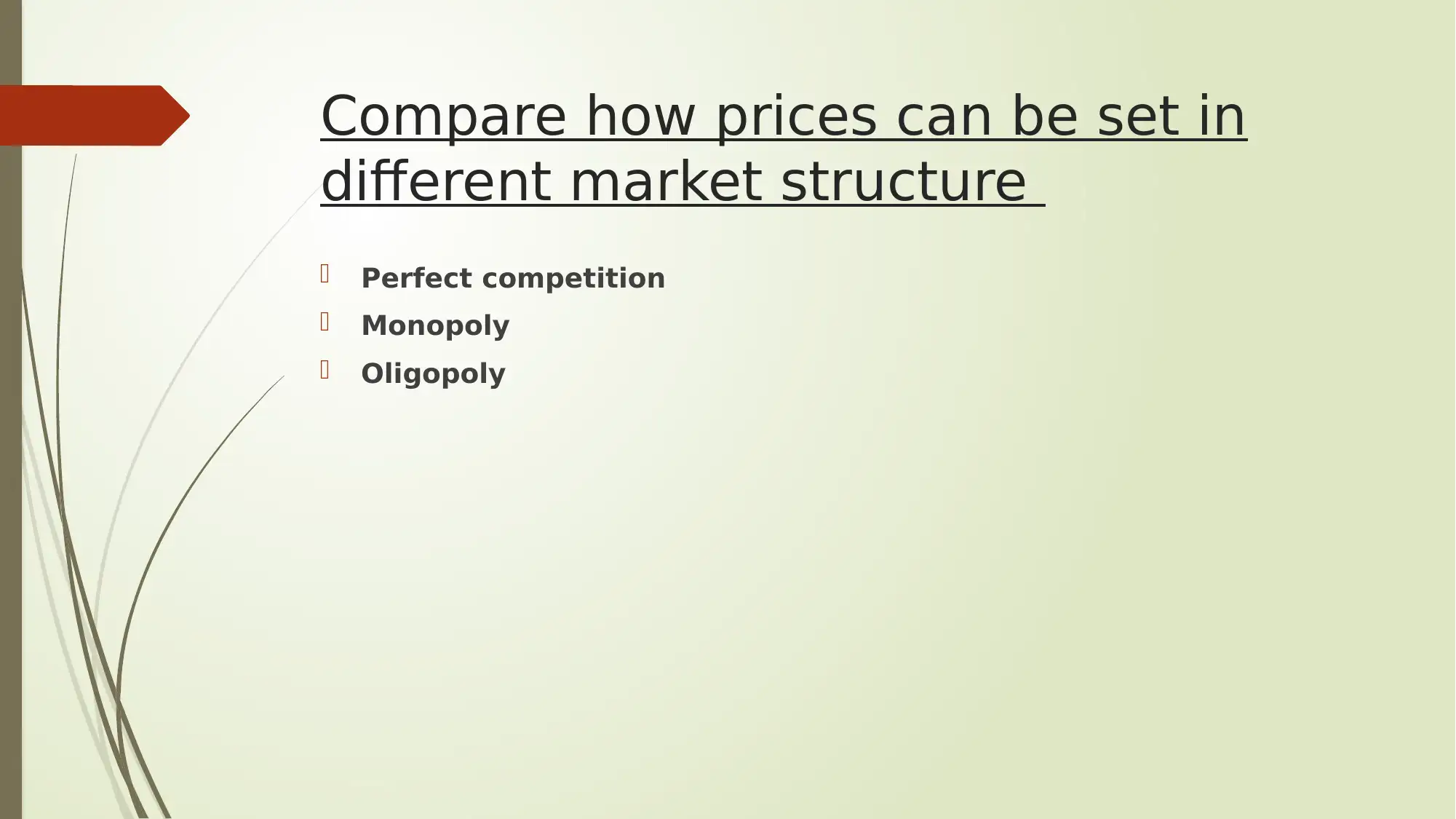
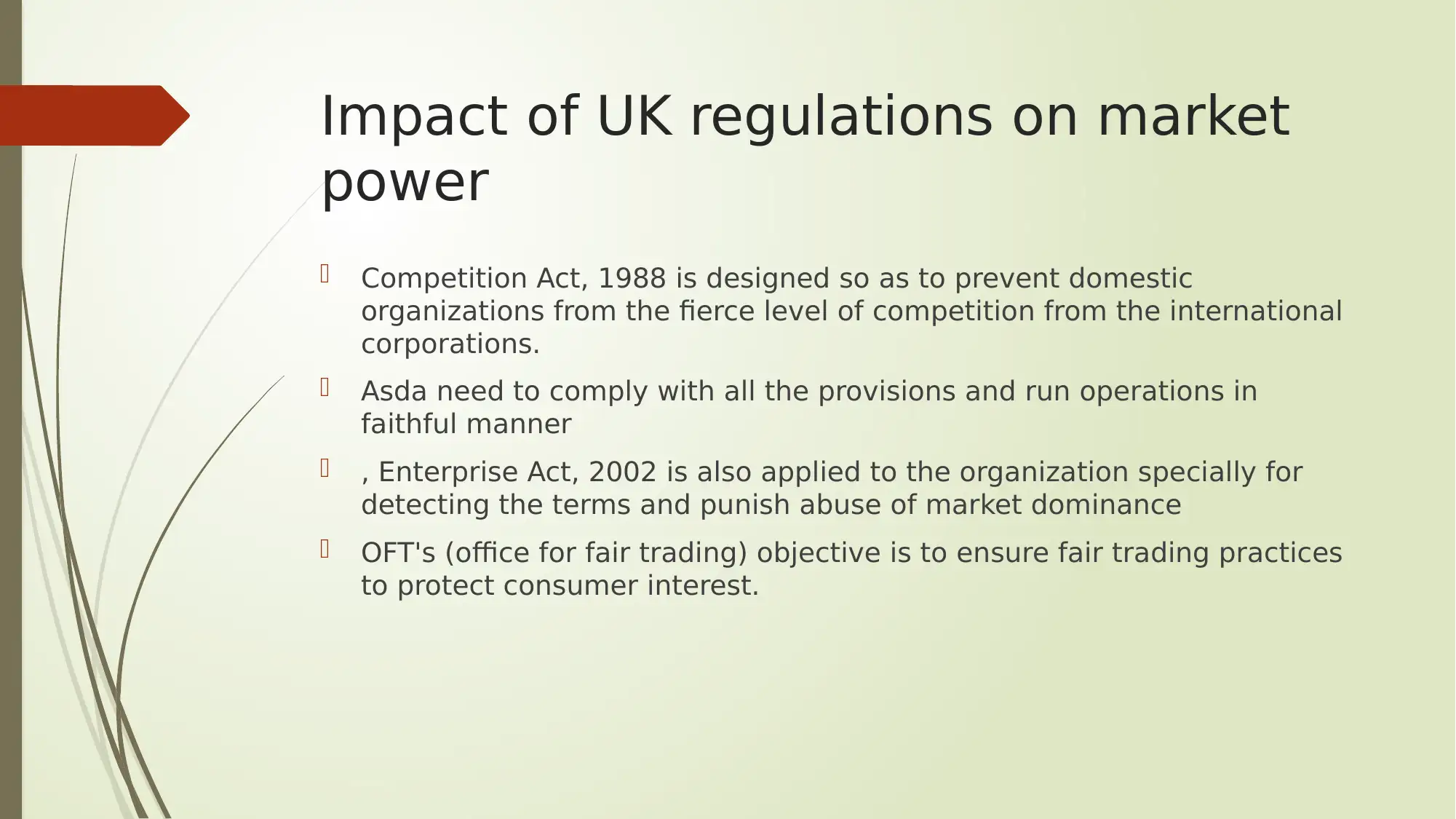
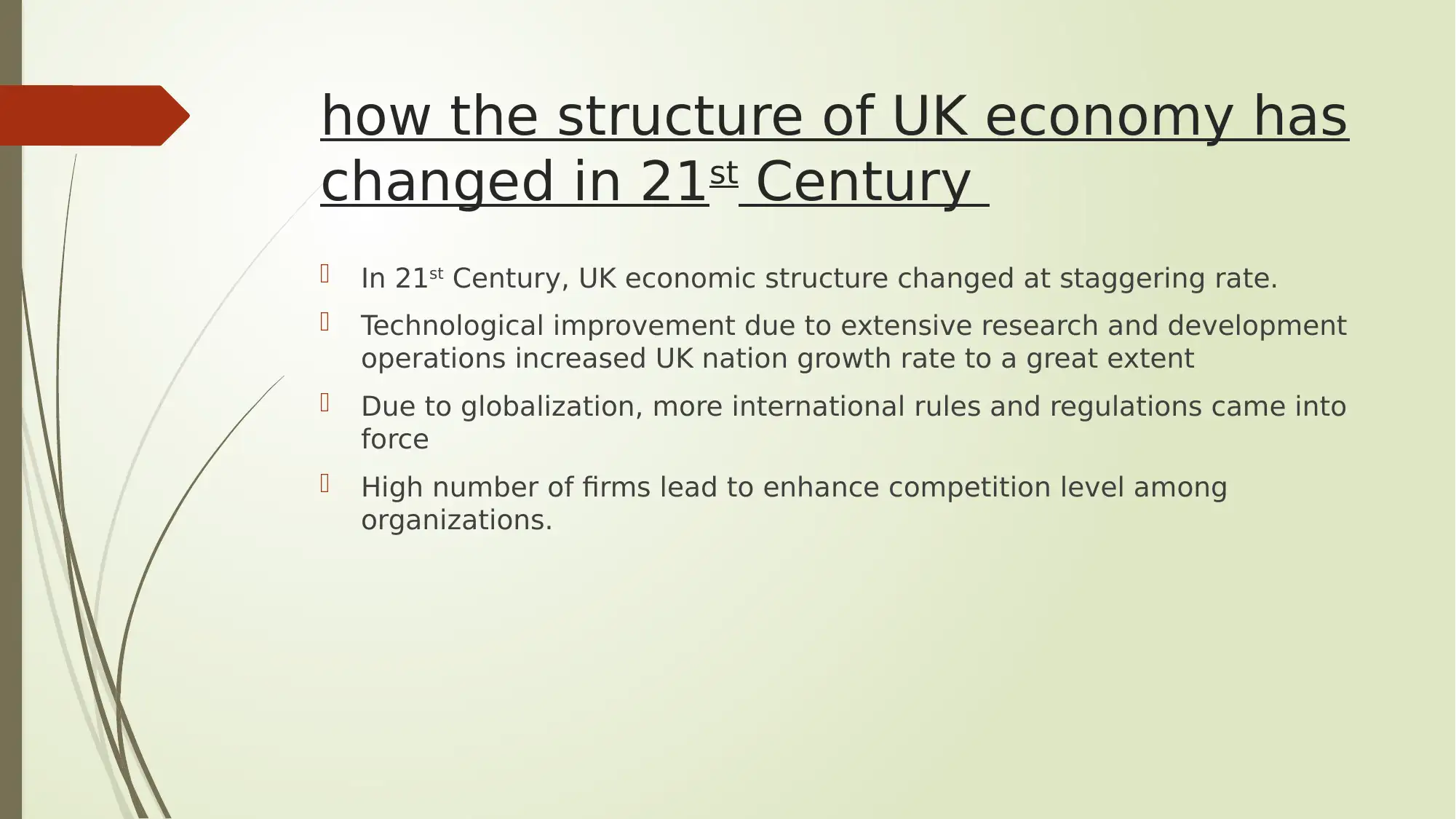
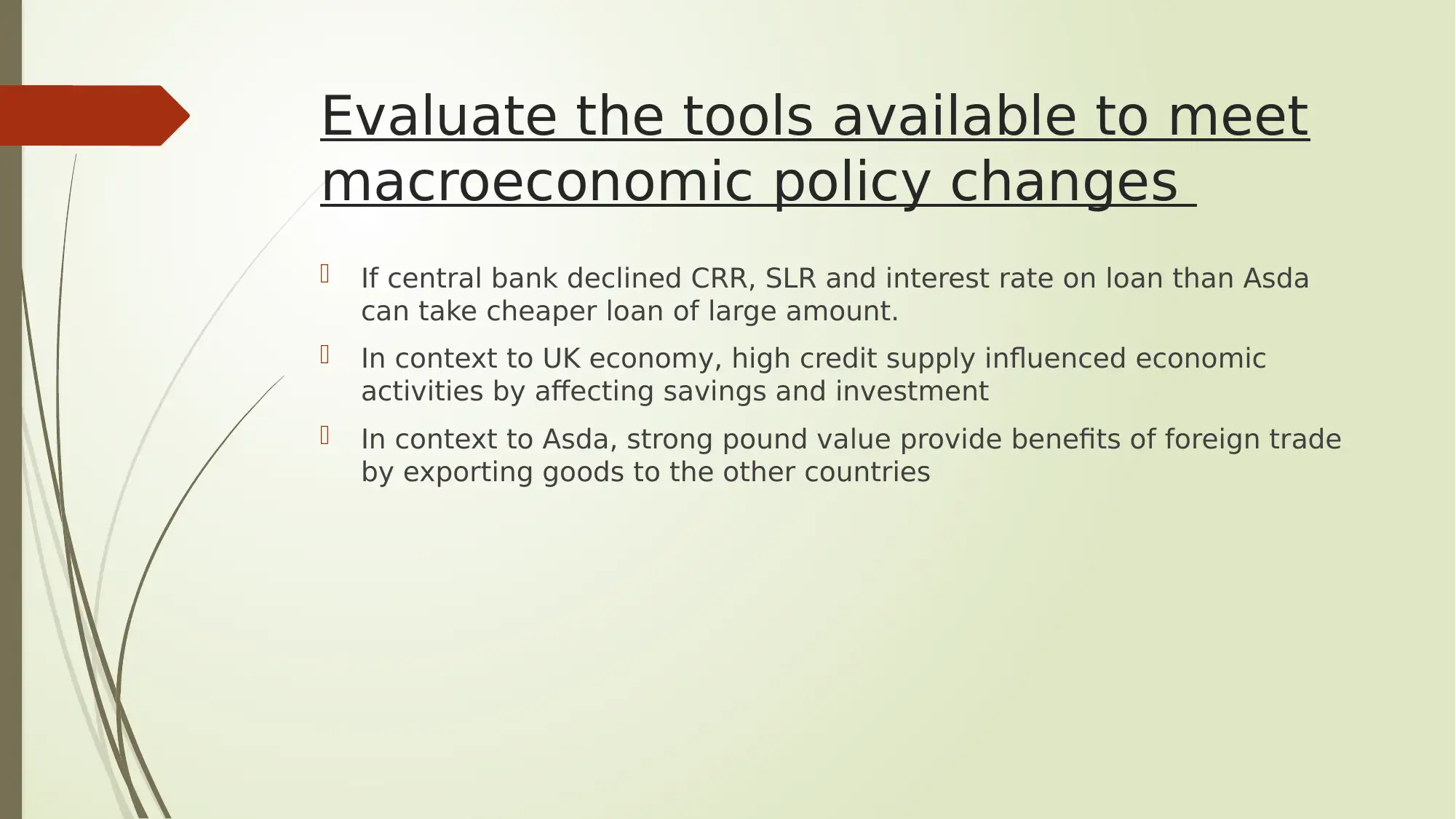




![[object Object]](/_next/static/media/star-bottom.7253800d.svg)